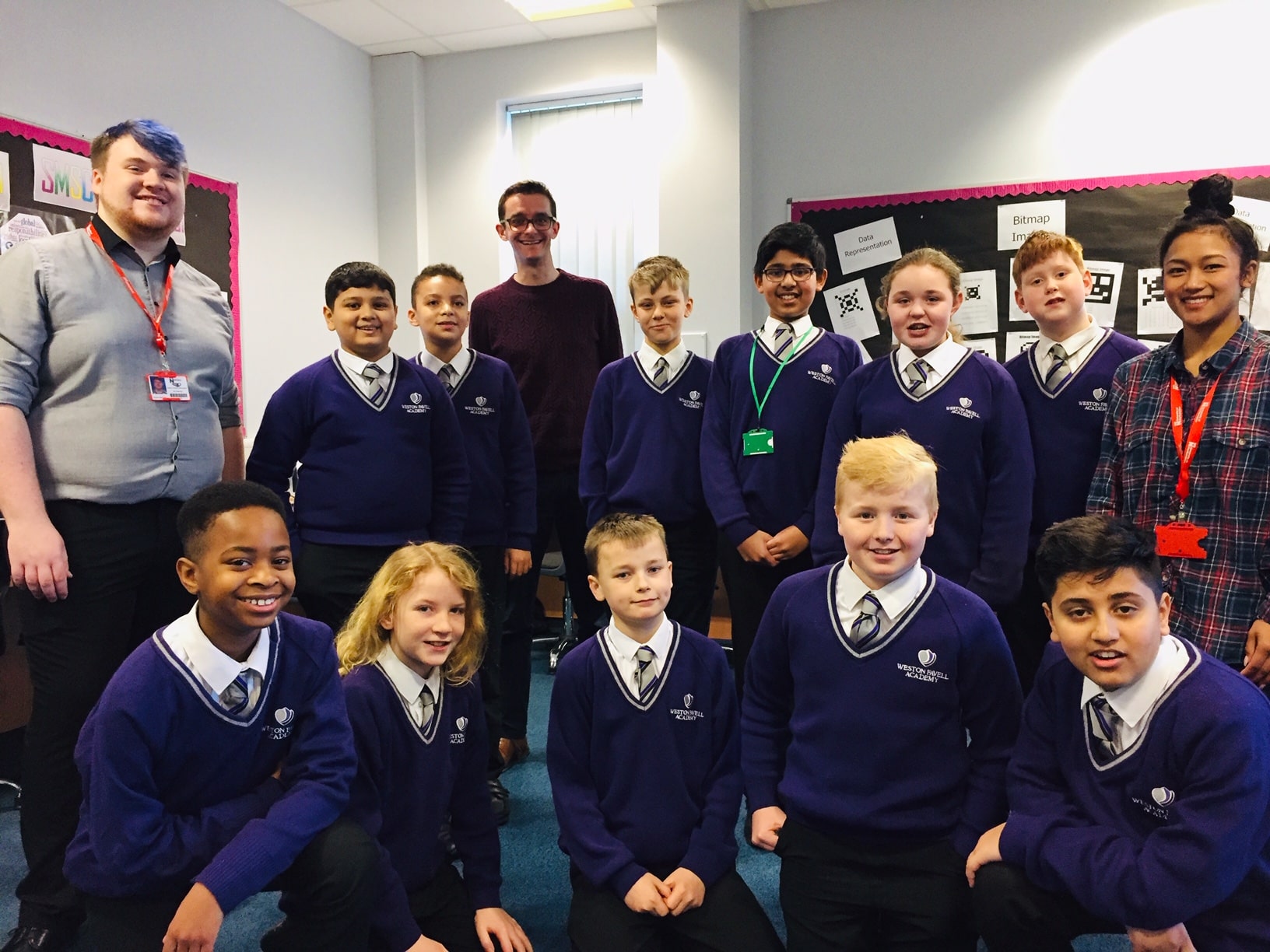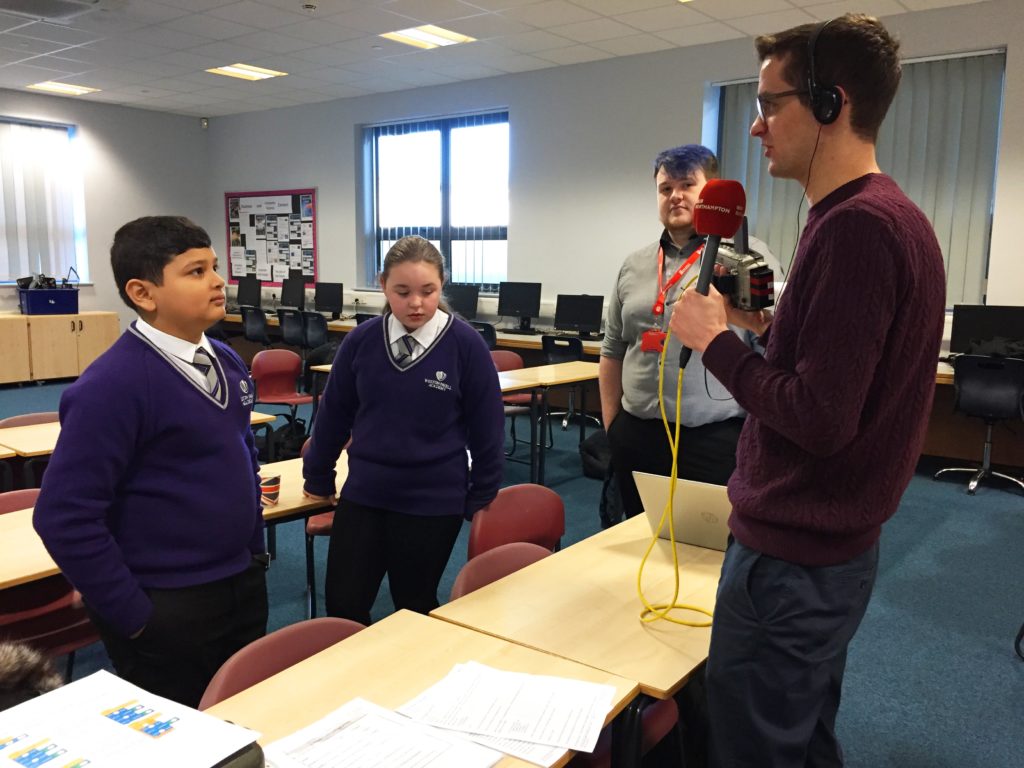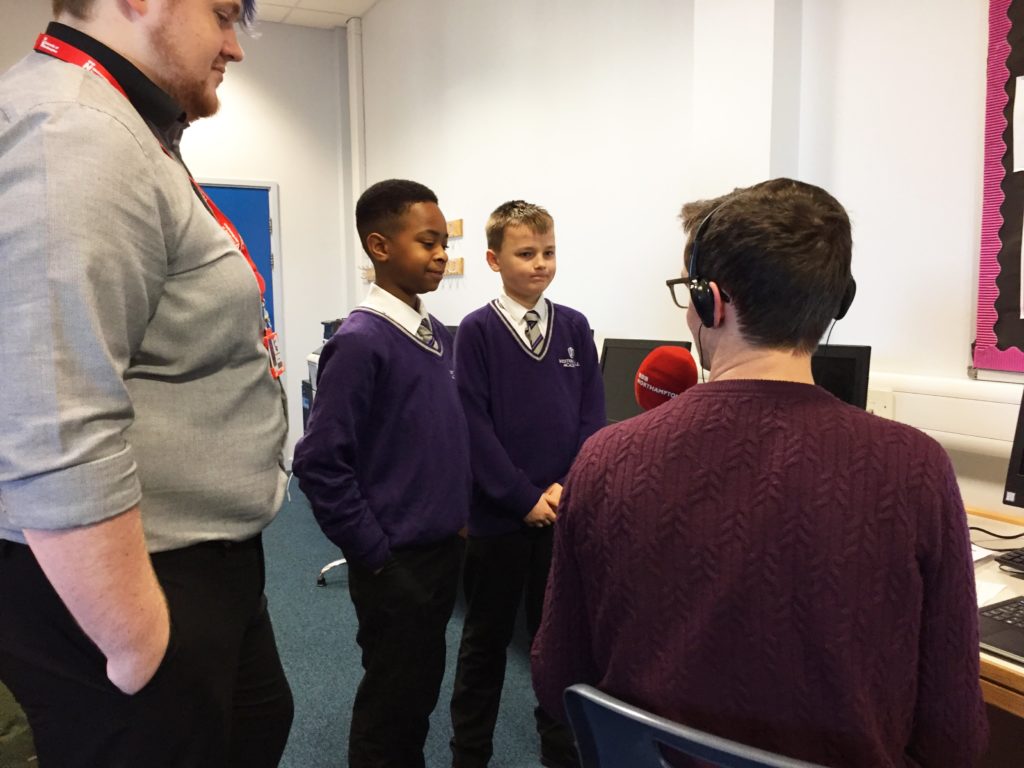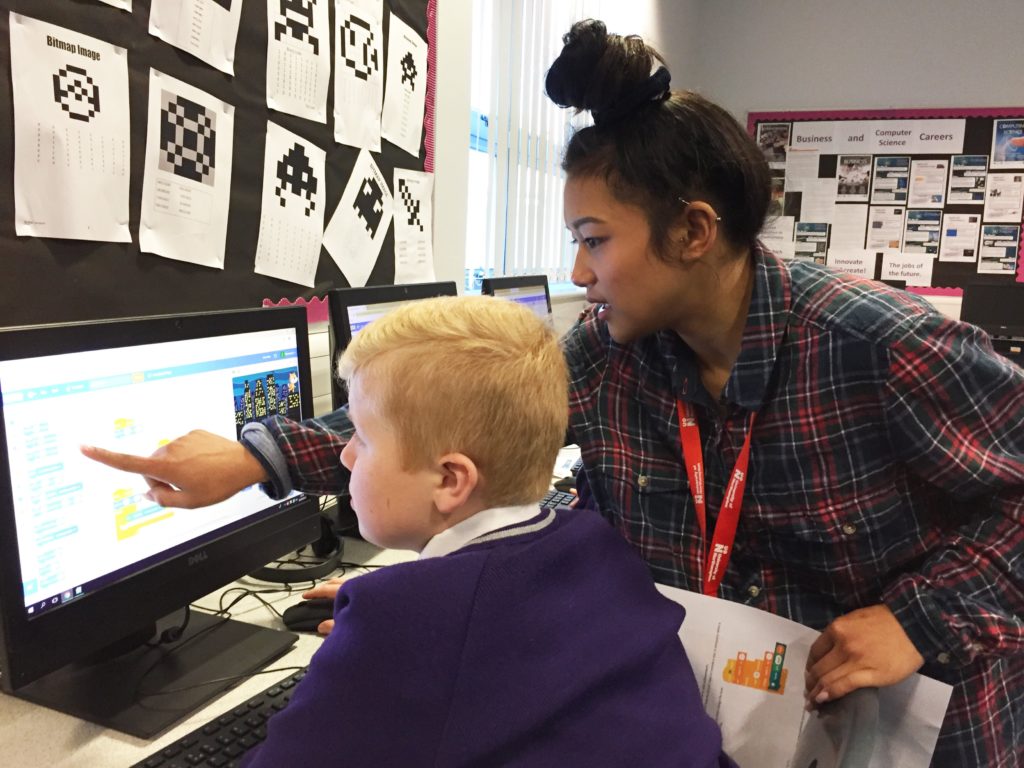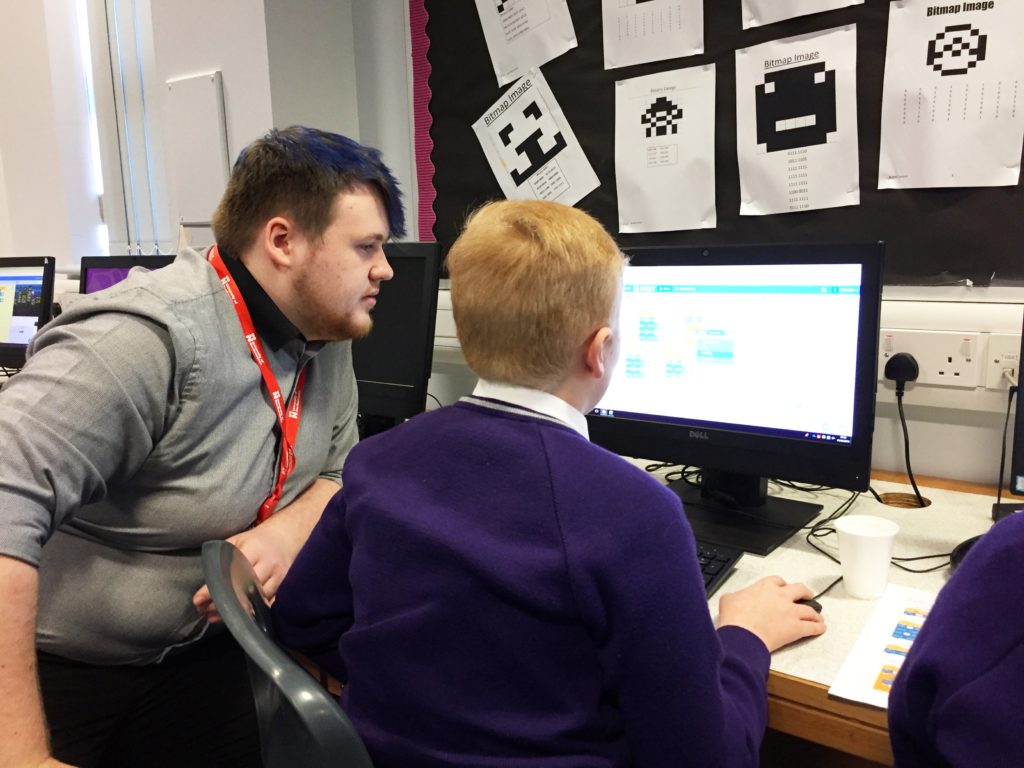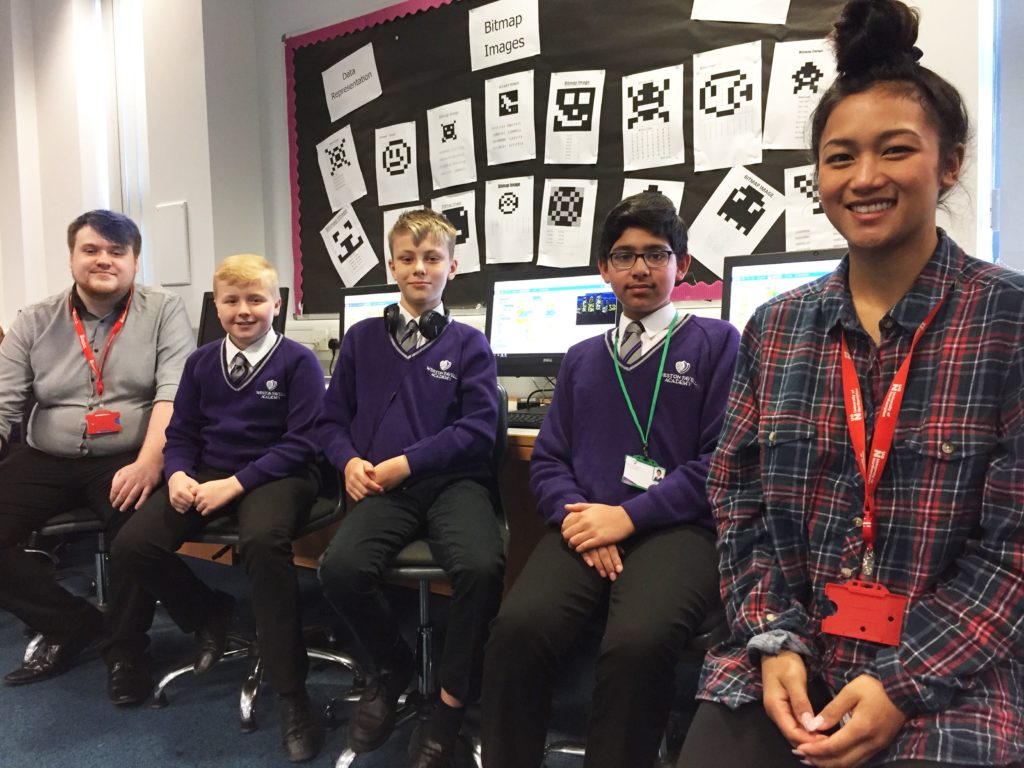Popular Posts
- In tweets (Big Bang Northamptonshire https://www.learnbydesign.co.uk/event/big-bang-northants-2019/ ) Setup almost complete at the @...
- A recent presentation by Dr Scott Turner of the University of Northampton to BCS Northampton branch discussed the idea of Benevolent Machine...
- As part of their studies in Artificial Intelligence, some of the students have produced posters on aspects of Evolutionary Algorithms. The ...
- Taken from: https://www.northampton.ac.uk/news/bbcs-roving-reporter-tom-finds-out-how-our-students-are-helping-school-pupils-to-crack-codin...
- Vossen, PH & Ajit, S 2018, ' Fuzzy scoring theory applied to team-peer assessment: additive vs. multiplicative scoring models on ...
- Taken from: https://www.northampton.ac.uk/news/games-art-students-hanging-gardens-of-babylon-walkthrough-is-screened-in-westminster-and-by-...
- via GIPHY Young Coders Competition 2019 The Young Code rs Competition is a new competition for primary scho...
- 2018 Turner, S. J. (2018) Games in teaching programming: HE perspective. Invited Presentation presented to: Gaming in Education, ...
- Al-Dabbagh M.S.M., Al-Sherbaz A., Turner S. (2019) The Impact of Road Intersection Topology on Traffic Congestion in Urban Cities. I...
- Merged Futures is a free, one-day Digital Northampton event bringing together experts in emerging technologie
All views and opinions are the author's and do not necessarily reflected those of any organisation they are associated with. Twitter: @scottturneruon









